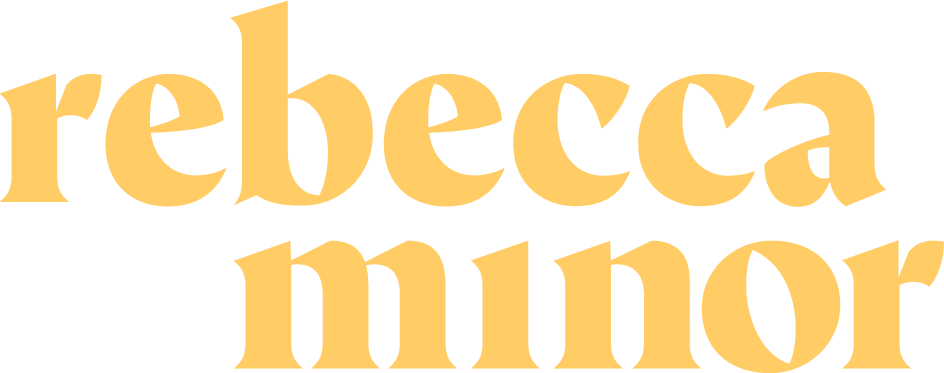Asexual Affirmations: Things That Don’t Make You Any Less Ace
April 6th is International Asexuality Awareness Day!
Even in 2022, asexuality is not well understood by the majority of people. The concept that some people might experience little to no sexual attraction or desire for sex can be shocking for someone who was raised in a heteronormative, hypersexual world. So, what does asexuality mean?
Asexual (adj.); experiencing little or no sexual attraction and/or a lack of interest in sexual relationships or behavior. Exists on a spectrum ranging from no sexual attraction or desire for sex to low levels of desire, or sexual attraction only under specific conditions. Sometimes abbreviated to “ace.”
Something important about this definition is that it helps to demonstrate the spectrum that is asexuality. Just like any other sexuality, asexuality exists on a spectrum. There is no one thing that is required to define yourself as asexual—it’s a different experience for everyone! To celebrate International Asexuality Awareness Day, and in the spirit of validation, below is a list of things that don’t make you any less asexual.
Experiencing Romantic, Aesthetic, or Physical Attraction
To kick off, let’s start with something really important: experiencing romantic, aesthetic, or physical attraction is entirely possible, and even common for people who identify as asexual! Of course, every person is different, and some people who identify as ace might be completely aromatic or experience no attraction. But, experiencing these emotions does not negate someone’s asexuality.
Not Being Out to Everyone in Your Life
As with any identity, coming out is not required to identify as asexual. Whether you’re not feeling ready to come out, or don’t see a need, your identity is not reliant on whether or not the people around you know how you identify. Come out when/if you’re ready and want to, and not before!
Feeling Nonchalant About Sex
There is a large portion of the asexual (ACE) population that is sex repulsed, meaning that they are entirely put off by sex. However, some people on the asexual spectrum are more apathetic and neutral towards sex, and might not feel strongly about it one way or another.
There are no rules that govern asexuality. Everyone who identifies as asexual has a different relationship to sex, and all are valid.
Having Past or Present Sexual Experiences
Previously having sexual experiences does not mean you are any less asexual! Just as previously identifying as straight does not mean you cannot later identify as queer, having sexual experiences does not mean you cannot identify as ace.
In addition, not every asexual person abstains from sex. There is a wide range of asexual attitudes towards sex, ranging from repulsed to indifferent. Having past or current sexual encounters does not negate asexuality.
Identifying As 2SLGBTQ+
There are no identities that “don’t work” with being ace! Asexuality refers to a person’s level of sexual attraction, and therefore can be used in conjunction with any other romantic, sexual, or gender identity.
*Straight people can also identify as asexual, because sexual attraction is a different category than romantic attraction!
Your Preferences Shift Over Time
Identity is fluid! No matter what you may have identified as in the past, or what you might identify as in the future, your current identity and preferences are valid. In terms of asexuality, this means that your sexual preferences changing over the course of your life is ok, and doesn’t make you any less ace.
Want to learn more about asexuality and different queer identities?
Check out the resources at the Asexual Visibility and Education Network
A great way to be an ally is learning the proper terms to discuss 2SLGBTQ+ topics.
To download a PDF of gender and sexuality terms click here.
Want to better understand gender so you can support the kids in your life?
Sign up for How To Talk To Kids About Gender, the course that helps parents and caregivers have the not-so-difficult conversations that matter about gender.
